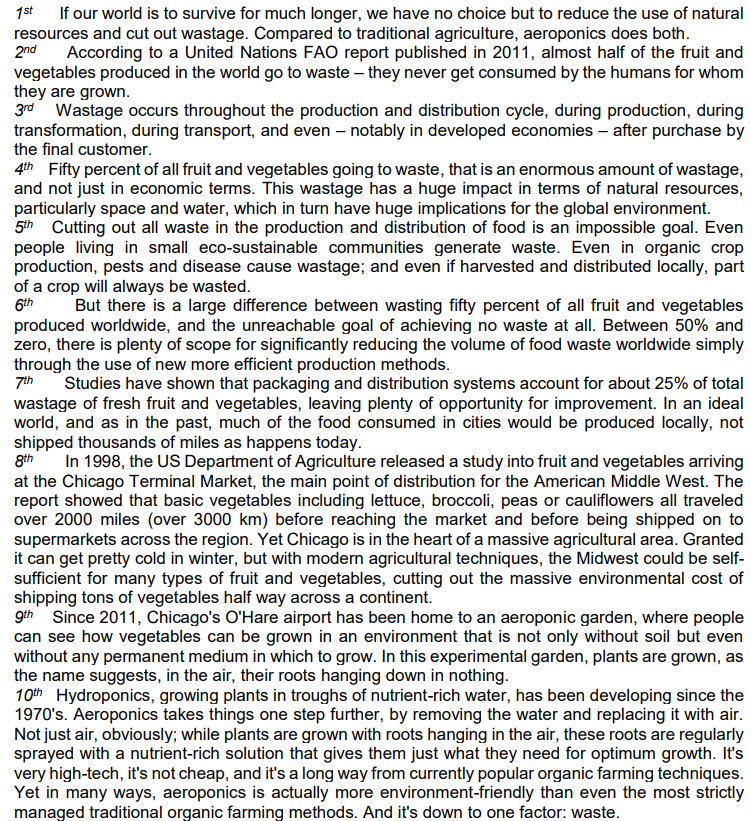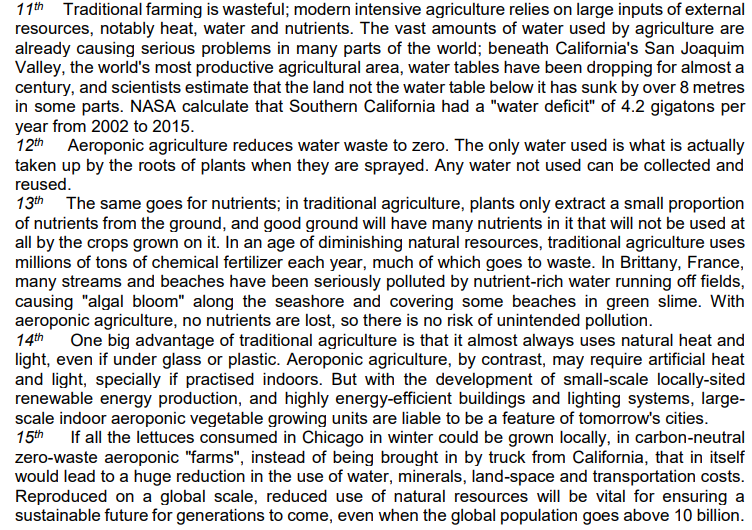READ TEXT 3 TO ANSWER THE QUESTION:
Text 3
The large majority of humankind is more or less fluent in 2 or even more languages. This raises the fundamental question how the
language network in the brain is organized such that the correct target language is selected at a particular occasion. Here we present particular
behavioral and functional magnetic resonance imaging data showing that bilingual processing leads to language conflict in the bilingual brain even when the bilinguals' task only required target language knowledge. This finding demonstrates that the bilingual brain cannot avoid language conflict, because words from the target and nontarget languages become automatically activated during
reading. Importantly, stimulus-based language conflict was found in brain regions in the LIPC associated with phonological and
semantic processing, whereas response-based language con whereas flict was only found in the pre-supplementary motor area/anterior
cingulate cortex when language conflict leads to response conflicts.
Index terms: event-related functional magnetic resonance imaging, interlingual homographs, lexical decision, pre-supplementary
motor area and anterior cingulated, response conflict.
(Adapted from: https://academic.oup.com/cercor/article/18/11/2706/296045)



